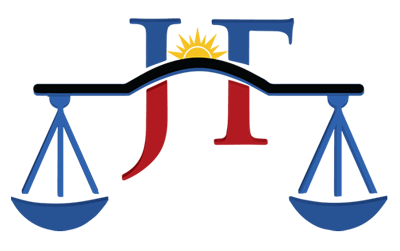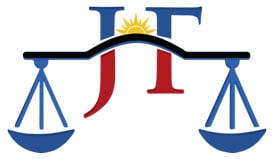Law enforcement officers exist to protect the people of the state. But, for some reason, when you hear a police car siren, you become more anxious than comforted. If the police officer pulled you over because they believe you have been driving while intoxicated (DWI), remain calm. You have rights; knowing them will become invaluable should the traffic stop lead to an arrest.
The right against unreasonable seizure
Minnesota police officers cannot pull your vehicle over at will. They must have reasonable articulable suspicion that you committed or are committing a crime. However, a police officer can pull you over for a broken taillight or any other minor traffic infraction. If you are driving recklessly, it could be enough to warrant the stop. All they need is any legal justification because an illegal traffic stop could result in a complete dismissal of all charges. The evidence would be inadmissible.
The right to remain silent
The police officer may conduct an interrogation to see if your story is coherent and logical. They might ask you self-incriminating questions, such as, “Do you know how fast you were going?” or “How much have you had to drink?” Lying to the police officer is against the law, but invoking your right to remain silent is not. Politely refuse to respond to any questions.
The right against an unreasonable search
A police officer cannot search your vehicle unless you give them your consent. Otherwise, they would need either a warrant or probable cause. Any evidence obtained by the officer through an unlawful search will be inadmissible in court.
The right to due process
Due process is the fundamental right of every person to receive fair and impartial treatment, which ensures that law enforcement agents adhere to the rule of law. The officer should do and have done every single action according to proper protocol and procedural guidelines, from when they stopped your vehicle to when they initiated the arrest. If you are under arrest, the arresting officer should read your Miranda rights to you.
The right to a fair trial
A DWI charge or arrest does not mean that you are guilty of the crime. The prosecutor of your case must still obtain a conviction from either a judge or jury. Your right to a fair trial by a jury of your peers is where the due process extends to the criminal proceedings that follow an arrest. However, a DWI is a misdemeanor criminal offense, and a trial might not be necessary.
The right to an attorney
You are under no obligation to answer any questions without your attorney present. If you are facing DWI charges, then your attorney can represent you throughout the legal process to ensure the protection of your rights.

